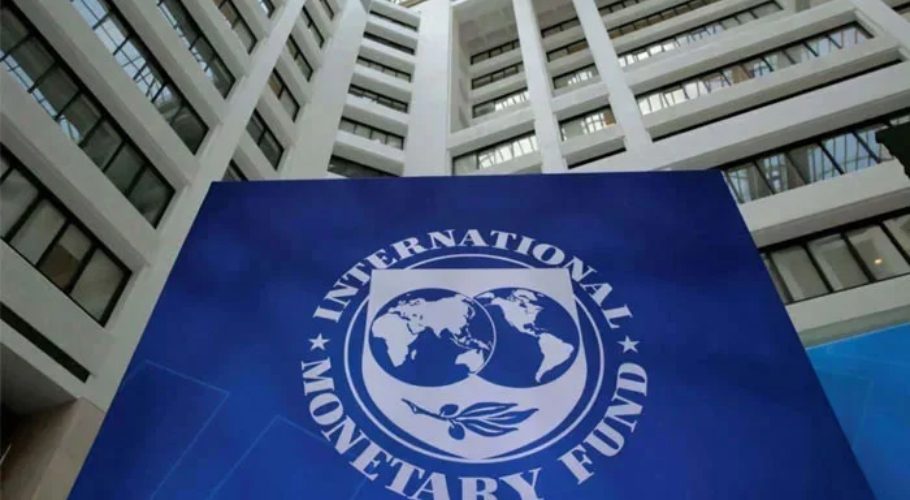![]() Follow Us on Google News
Follow Us on Google News
MARRAKECH: The International Monetary Fund on Tuesday cut its growth forecasts for China and the euro area and said overall global growth remained low and uneven despite what it called the “remarkable strength” of the U.S. economy.
The IMF left its forecast for global real GDP growth in 2023 unchanged at 3.0% in its latest World Economic Outlook (WEO), but cut its 2024 forecast by 0.1 percentage point to 2.9% from its July forecast. World output grew 3.5% in 2022.
IMF chief economist Pierre-Olivier Gourinchas told reporters the global economy continued to recover from the COVID-19 pandemic, Russia’s invasion of Ukraine and last year’s energy crisis, but growth trends were increasingly divergent across the globe, and prospects for medium-term growth were “mediocre.”
Gourinchas said the forecasts generally pointed to a soft landing, but the IMF remained concerned about risks related to the real estate crisis in China, volatile commodity prices, geopolitical fragmentation, and a resurgence in inflation.
A fresh unexpected risk emerged in the form of the Israel-Palestinian conflict just as finance officials from 190 countries gathered in Marrakech for the annual meetings of the International Monetary Fund and World Bank, but came after the IMF’s quarterly outlook update was locked down on Sept. 26.
Gourinchas told Reuters it was too early to say how the major escalation in the long-running conflict would affect the global economy: “Depending how the situation might unfold, there are many very different scenarios that we have not even yet started to explore, so we can’t make any assessment at this point yet.”
Stronger growth is being throttled by the lingering impact of the pandemic, Russia’s war in Ukraine and increasing fragmentation, along with rising interest rates, extreme weather events and shrinking fiscal support, the IMF said. Total global output in 2023 is slated to be 3.4%, or roughly $3.6 trillion, below pre-pandemic projections.
“The global economy is showing resilience. It’s not knocked out by the big shocks it’s experienced in the last two or three years, but it’s not doing too great either,” Gourinchas told Reuters in an interview. “We see a global economy that is limping along and it’s not quite sprinting yet.”
The medium-term outlook is no better. The IMF is projecting growth of 3.1% in 2028, well below the 4.9% five-year forecast it had on the eve of the global financial crisis in 2008-2009.
“You have uncertainty. You have geoeconomic fragmentation, low productivity growth, and low demographics. You put all these things together and you have a slowdown in medium-term growth,” he told Reuters.






























